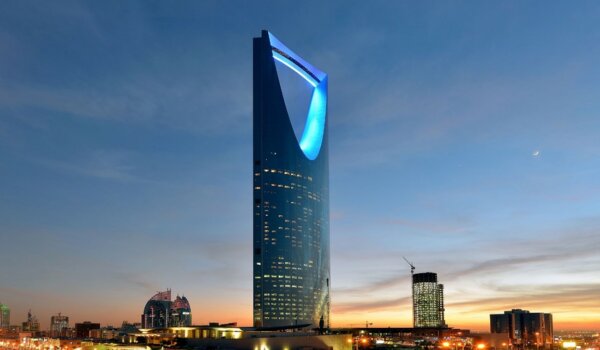The Federal UAE Corporate Income Tax Law, which is effective for financial years beginning on or after 1 June 2023, has now been made applicable across all emirates and applies to all business and commercial activities, with a few exceptions within the government, quasi-governmental and related regulated sectors.
In general, businesses in the UAE with taxable profits exceeding AED 375,000 (GBP 80,000) are now subject to a corporate tax rate of 9%, one of the lowest corporation tax rates in the world.
The UAE is home to more than 40 free zones, all offering a business environment where goods and services can be traded. These free zones grant expatriates and foreign investors the privilege of complete company ownership and the other main attraction was also their tax-free status.
With the recent introduction of the Corporate Income Tax (CIT) in the UAE, it begs the question – how does this apply to free zones?
According to the UAE’s Ministry of Finance, companies operating in free zones can pay 0% tax on income from certain qualifying activities and transactions. A company that meets the eligibility criteria can enjoy a corporate tax rate of 0% on ‘qualifying’ income if it is incorporated, established, or registered within a free zone.
Qualifying activities include:
- manufacturing, reinsurance services, the holding of shares and other securities, management and operation of ships, and fund, wealth and investment management services that are subject to UAE regulatory oversight.
- treasury and financing services, financing and leasing of aircraft, including engines and rotable components, and logistics services.
Free zone-based companies can additionally take advantage of a tax exemption on income derived from transactions with businesses located in mainland UAE or foreign jurisdictions. but only if the revenue generated from non-qualifying sources does not exceed the lower of either 5% of their total revenue or AED 5 million (GBP 1 million). If they do not meet tis threshold, all of their revenue is treated as qualifying income, and they will fall into the 9% tax bracket for at least the next 5 years.
With these significant stipulations and other requirements imposed – free zone companies cannot avail of the AED 3m turnover relief, for example, and all have to be externally audited – the advantages of setting up in a free zone for most SMEs are now less apparent.
As such, for UK SMEs looking to expand their operations to the UAE, an onshore or mainland business set-up (registered under the UAE Department of Economy and Tourism – DET) may now well be the optimal approach, particularly since 100% foreign ownership is available in the vast majority of cases, given the altogether more simplistic and beneficial corporation tax regime.
Please get in touch to learn more on how international firms benefit from the BCB’s full support to get their business underway in the Middle East.



